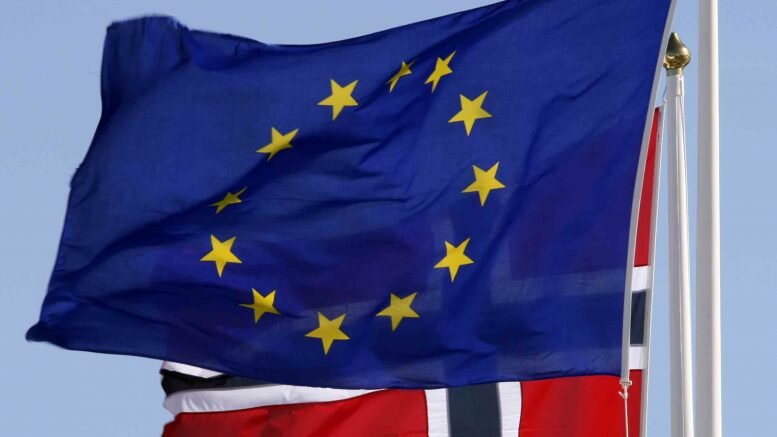There were many electoral promises before the EU elections, but what
exactly have the European Parliament decided during the period now expiring?
Here are examples that affect Norway.
As of 2021, many disposable plastic products, such as cutlery, plates,
straws, and q-tips, are to be prohibited throughout the EU. The purpose of the ban is to reduce the amount of plastic waste in the sea. The European Commission presented the proposal. Following negotiations with the Council of Ministers and Parliament, a detailed bill was voted on and received a large majority in parliament.
Norway was inspired by the EU ban and has introduced a similar law, but with effect from next year.
Data protection
In 2016, the EU’s new data protection regulation (General Data Protection Regulation) was adopted and it entered into force in the EU member states on May 25th last year. GDPR is incorporated into the EEA and therefore also applies in Norway.
GDPR imposes strict requirements on businesses and organizations in handling personal data from individuals. Among other things, visitors to web sites must approve personal data being collected about them. Companies that break these rules risk millions in fines.
Equal pay for equal work
From 2020, the EU Posting of Workers Directive (from 1996) will also regulate how long EU citizens can be on a time-limited job in another EU country.
The new rules set a limit of 18 months.
After this, the employee will be fully covered by the host country’s labour market rules.
The new regulations will in all cases also be introduced in the EEA and
Norway.
New rules for truck transport
Truck drivers who drive in another EU country must follow that country’s labour market rules. This is part of the European Parliament’s major roadmap that intends to reduce or prevent dumping of wages in the transport sector. Final negotiations still remain on this.
Norway has (as part of the Road Alliance) been a driving force for this, along with other countries. Several countries in Eastern Europe have opposed the changes, as they will weaken their transport companies
competing on wages in the west.
Concurrent mobile phone prices
Since 2017, mobile customers have paid the same price as at home when they call, send an SMS or use the internet on trips to EU countries and countries in the EEA. This is a matter that the EU Parliament would like to highlight among the nearly 1,000 bills that have been dealt with since 2014.
The rule concerns most people in the EU and the EEA and not just individual companies or individual industries.
Copyright controversy
The EU’s new rules on copyright on the Internet have been highly discussed. The followers are looking forward to increased protection for authors, photographers, and artists’ rights. Critics believe that the law limits the free flow of information on the internet.
© NTB Scanpix / #Norway Today






